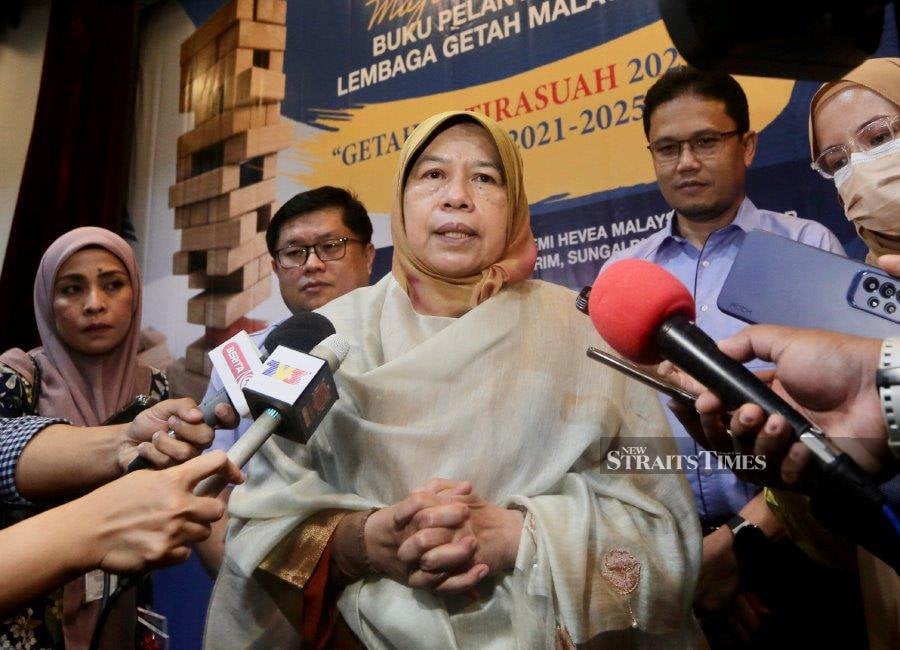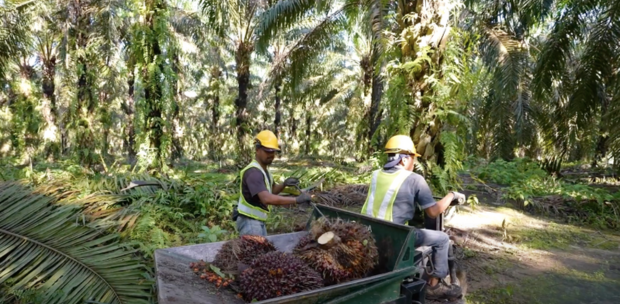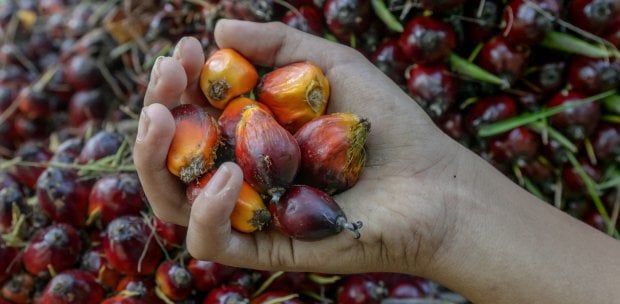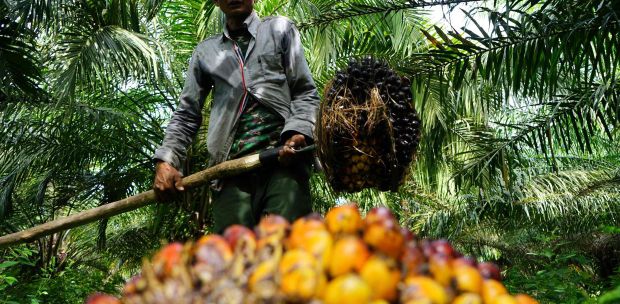KUALA LUMPUR: Illegal hunting activities due to human-wildlife conflict have been identified as the main reason behind wildlife extinction.
Minister of Plantation Industries and Commodities Datuk Zuraida Kamaruddin said the government wanted to quash allegations of palm oil being the biggest threat to the orang utans by clarifying that it was human overpopulation that has become a threat to wildlife survival.
"While it is true that orang utans in Borneo have become an endangered species, it is also true that many other animal species have become endangered due to the explosion of the human population that leads to conflict.
"Recent evidence has revealed that hunting is among the biggest contributors to the Bornean orang utan population decline over the last 200 years," she said.
Speaking in conjunction with International Orang Utan Day, which is celebrated every year today (Aug 19), she said Malaysia had implemented various initiatives to conserve and protect its wildlife and biodiversity in an effort to find a middle ground between oil palm cultivation and preserving nature.
"In the guise of wanting to save the orang utans, some campaigners have embarked on disseminating provocative statements.
"These include allegations that an area the equivalent size of 300 football fields of rainforest is cleared each hour to make way for palm oil production, that 25 orang utans' lives are lost every day, and that orang utans will be extinct within the next five to 10 years."
She stressed that in Kalimantan, Bornean orang utans were often shot for its meat or killed as a result of human- orang utan conflict.
Historical data shows that the decline of orang utans was recorded as far back as the 19th century, way before the start of significant oil palm development in the 1970s.
According to research, Zuraida said, changes in land and sea use in Asia Pacific make up only 43 per cent of the factors threatening wildlife populations.
More than 50 per cent is due to species overexploitation, invasive species and diseases, hunting, pollution and climate change, she said.
"In research conducted by Statista, all wildlife, not just orang utans, are threatened across the world. They are not limited to other monkey and animal species that inhabit Borneo per se, but is also spread across North America, Europe, Central Asia, Latin America, Caribbean and Africa.
"Asserting that oil palm is the sole reason that threatens wildlife such as orang utans selectively negates the facts causing the population decrease of all endangered animal species," she said.
To promote better co-existence, she said Malaysia has allotted 43 sq km of protected land at the edge of the Kabili Sepilok Forest Reserve in Sabah as a rehabilitation site for orang utans.
"Today around 60 to 80 orang utans are living independently in the reserve while approximately 25 orphaned orang utans are housed in the nurseries.
"With the exponential growth of the human population on the planet, a world without palm oil can surely lead to a global food crisis given that the golden oil makes up over 60 per cent of the global edible oils market," she said.
The country is also totally committed to reducing its greenhouse gas emissions under the United Nations Climate Change Conference (UNFCC) 21st Conference of Parties (COP 21) on climate change.
At the ministerial level, Zuraida said MPIC has initiated the Malaysian Palm Oil Green Conservation Foundation (MPOGCF) through the Malaysian Palm Oil Council as a sustainability platform funded by voluntary monetary contribution from numerous players in the palm oil industry.
In this regard, industry players and MPOGCF are joining forces with Sabah Wildlife Department to support wildlife rescue and conservation efforts.
"In tandem with clearing the gross misconceptions over the well-being of orang utans, it is equally vital for MPIC to counter misinformation on Malaysia's golden oil via "The Global Movement to Champion the Goodness of Palm Oil" campaign," she added.





